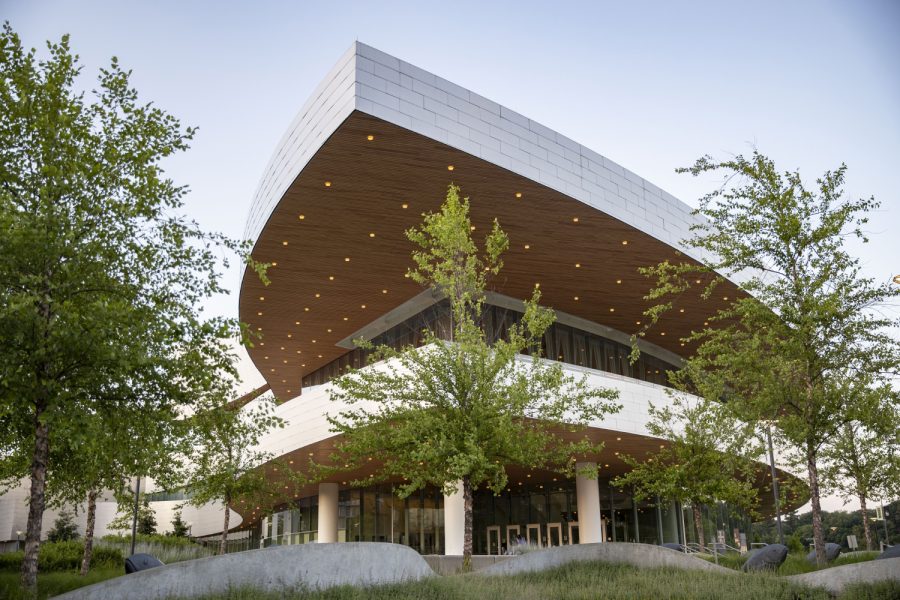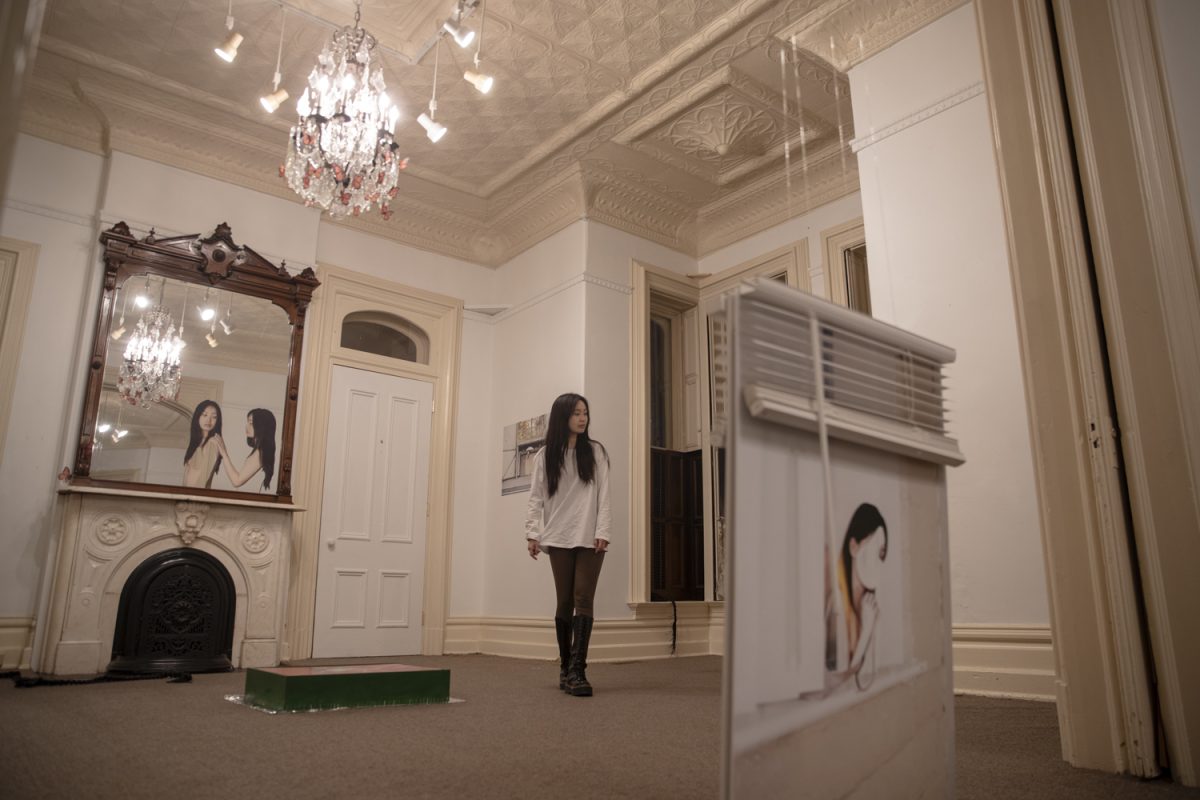Originally a biology major at Union College in New York, Andrea Barrett ended up applying her degree in scientific studies in a more literary fashion. Barrett is now a published author specializing in historical fiction; her works reflect her overall interest in science, particularly women in science, and the history behind it. *Ship Fever,* her best-known publication, is a collection of short stories that won the National Book Award in 1996. She also received a MacArthur Fellowship in 2001. Barrett teaches writing at Williams College in Massachusetts.
Barrett, a UI Ida Beam Visiting Professor, will give a reading of her work at 8 p.m.today in the Dey House Frank Conroy Reading Room. She spoke with The Daily Iowan about her writing, her studies, and her visit to Iowa City.
The Daily Iowan: I understand you were a biology major at Union College and even studied zoology postgraduate; what was it that inspired you to stray from scientific studies to writing fiction?
Andrea Barrett: That was a long, slow process. Partly it came about when I realized, my first semester in graduate school in zoology, that I actually had no gift at all for doing science; I was interested in the stories of science, and the scientists themselves rather than the process. Partly it was another experience, studying history, when again I realized that I wanted to tell stories about the historical characters rather than doing the actual work historians do. And partly it was just years of floundering around.
DI: How has your scientific background benefited your novels?
Barrett: I don’t know all that much science, really, but my undergraduate experience as a biology major made me comfortable with the culture and the material and taught me not to be afraid of science. Now, when I need to learn something for one of my characters, I’m comfortable going to a library and diving into the material, and that’s half the battle.
DI: Were you always interested in the literary arts?
Barrett: I was always a great reader and always passionately interested in books, but it didn’t occur to me, when I was a girl, that that interest could translate into being a writer. I grew up in little towns and went to small schools where I wasn’t exposed to any writers or even to contemporary writing, so that wasn’t on my radar. I started writing fairly late.
DI: Could you talk a bit about your process of researching the time periods in which your historical fiction is set?
Barrett: I do entirely too much research, which takes entirely too long and often leads me down long paths I can’t use in the end. I am one of the most inefficient writers I know, in terms of process. But I’ve learned not to be too upset by that. My process is peculiar, and I wouldn’t wish it on anyone, but somehow the books do get written in the end.
DI: Do you have a favorite piece you’ve written?
Barrett: Whatever I’m currently working on is always my favorite; it’s not done, so there’s always hope it might get better.
DI: What can attendees expect from your reading at the Dey House?
Barrett: A new story (or a part of one, anyway) — but one in which some familiar characters appear.
DI: Are you planning on releasing any collections or novels in the near future?
Barrett: I’m in the middle of several things, so I think it will be awhile before I’m ready to publish again.
READING
Andrea Barrett
When: 8 p.m. today
Where: Dey House Frank Conroy Reading Room







